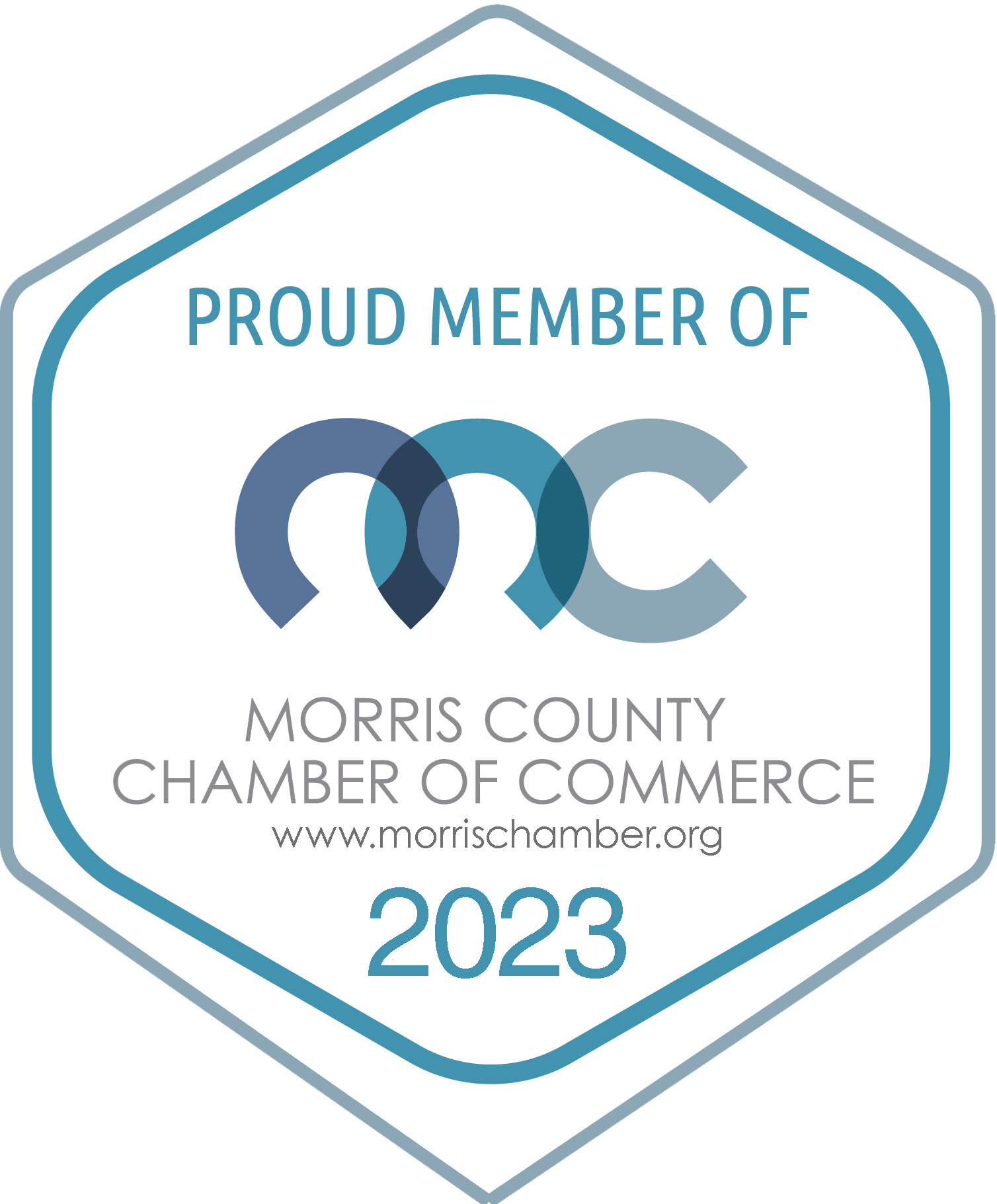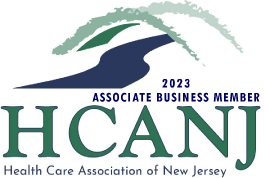 The coronavirus death toll at long term care facilities – which includes nursing homes, assisted living, and other, related facilities – is currently approaching the tens of thousands, with numbers likely to rise further. New Jersey and New York are among the hardest hit by this devastation. Numbered among these staggering losses have been several high-profile cases involving misconduct and bad actors, and these will taint the entire industry for years. And, as a result, government at all levels has taken action, the media is shining a bright light on misdeeds, and a consumer backlash is certainly coming.
The coronavirus death toll at long term care facilities – which includes nursing homes, assisted living, and other, related facilities – is currently approaching the tens of thousands, with numbers likely to rise further. New Jersey and New York are among the hardest hit by this devastation. Numbered among these staggering losses have been several high-profile cases involving misconduct and bad actors, and these will taint the entire industry for years. And, as a result, government at all levels has taken action, the media is shining a bright light on misdeeds, and a consumer backlash is certainly coming.
Loss of life is not unique to long term care facilities, and the entire healthcare continuum is faced with challenges that include shortages of PPEs, tests, and staff. Despite all the pain and suffering, the vast majority of frontline workers at long-term care facilities deserve our appreciation, support, and praise.
The loss of life – as well as health and safety issues – are the primary concern, but economic viability and reputational issues cannot be ignored. While many facilities benefit from sound public relations planning and counsel, others have simply dropped the ball. Even those with a plan now find themselves dealing with an unprecedented storm. As boxer Mike Tyson often said, “Everyone has a plan … until I punch them in the face.”
As many understand, the reputation and integrity of the industry will first be defined by its behavior and then by how it communicates. Every facility must accept that it operates with the permission of those it serves, including residents and patients and their families, employees, regulators, other healthcare providers, and a lengthy list of others. Moving forward, every action and behavior must be focused on health and safety and earning and maintaining permission and trust to operate. In the end, reputation is a simple formula: EXPECTATION + CREDIBILITY. Organizations must meet or exceed expectations and achieve credibility simply by doing what they say they will do in all facets of the organization, down to the very smallest detail.
When it comes to communication, every organization must fortify its antenna to become more skillful at listening, and more attentive to relevant sights, sounds, and sentiments. They must accept and communicate vulnerability and values and give power to their conscience, ethics, and empathy, empowering others to act. They must speak clearly, consistently, and honestly across all platforms – paid, earned, shared, and owned. Communication must be systematic and process-driven, proactive, and reactive, and also reach to all ends of the organization, both internal and external, prioritizing those directly impacted first … but realizing that information also spreads.
The loss of life has created a media frenzy, and the industry should anticipate second and even third waves of government, legal, and consumer action, as well as continued dis-informational attacks by the outrage industry. And all of this will negatively impact reputation and the bottom line. Companies must soon identify and cultivate third-party advocates who can speak on their behalf, quickly knock down misinformation, and employ attitude inoculation or pre-bunking techniques.
Like the virus itself, there is no magic cure for reputational issues. But, taking appropriate steps now will ensure your organization’s viability.
# # #






Add a Comment
You must be logged in to post a comment